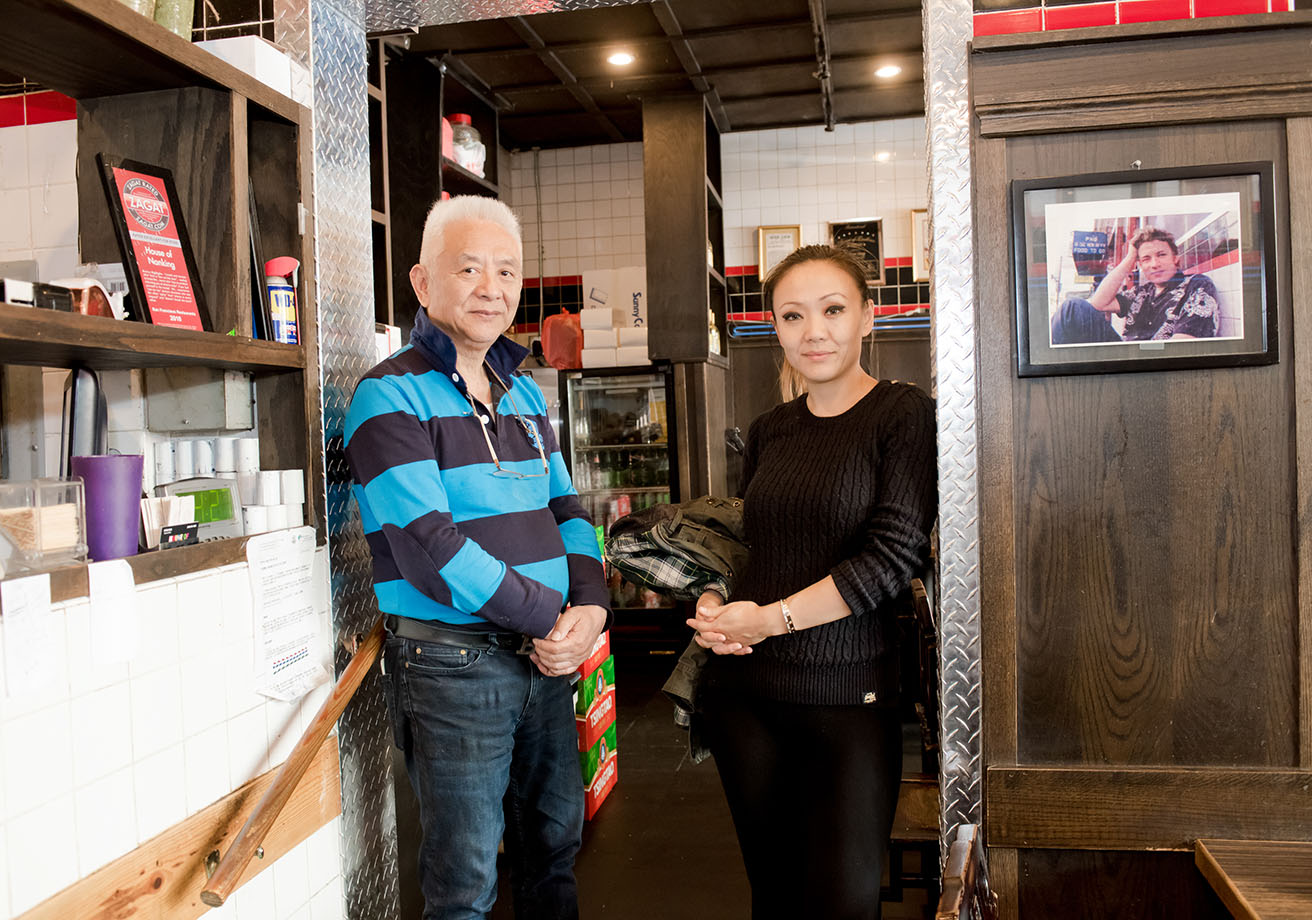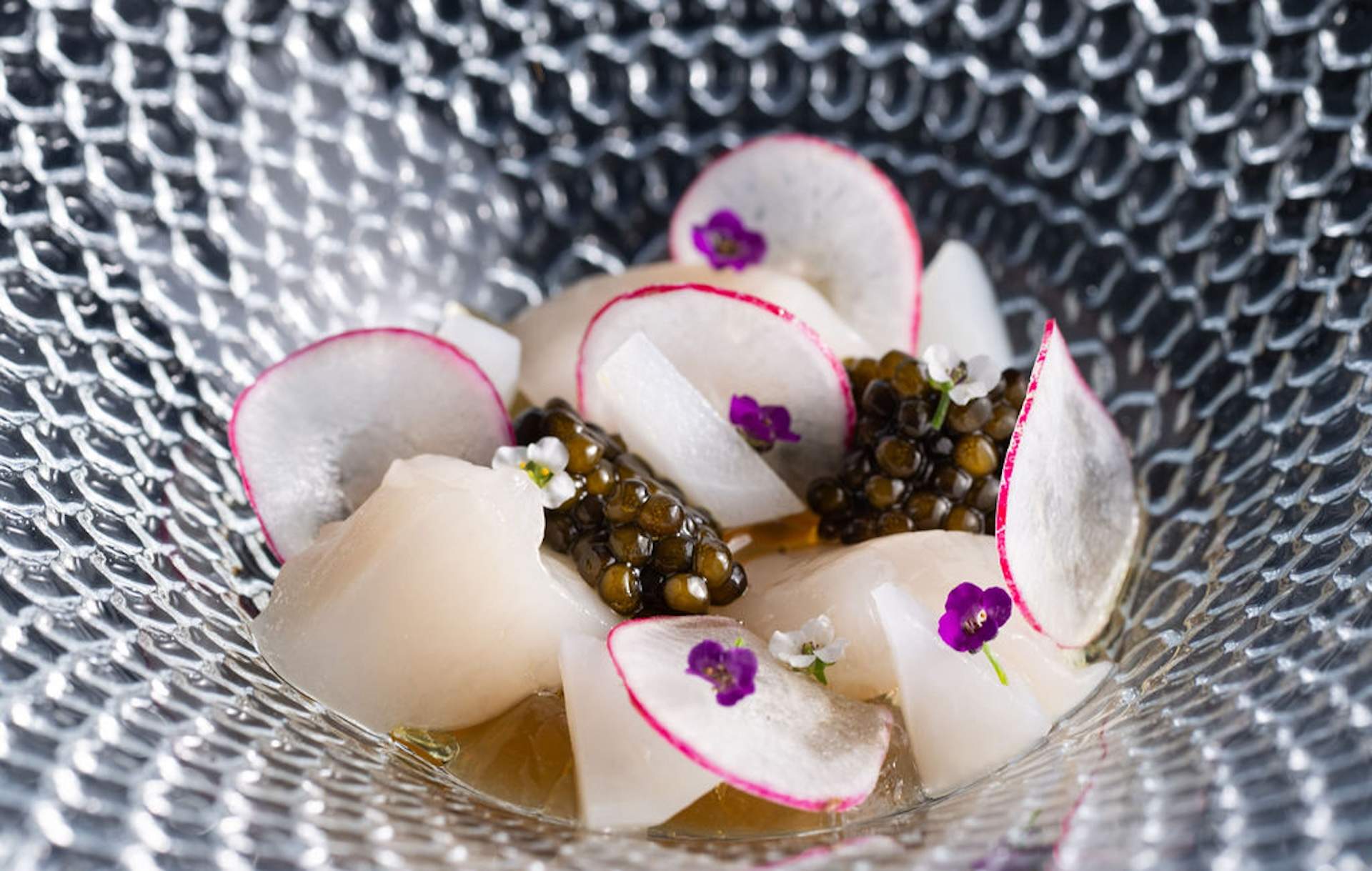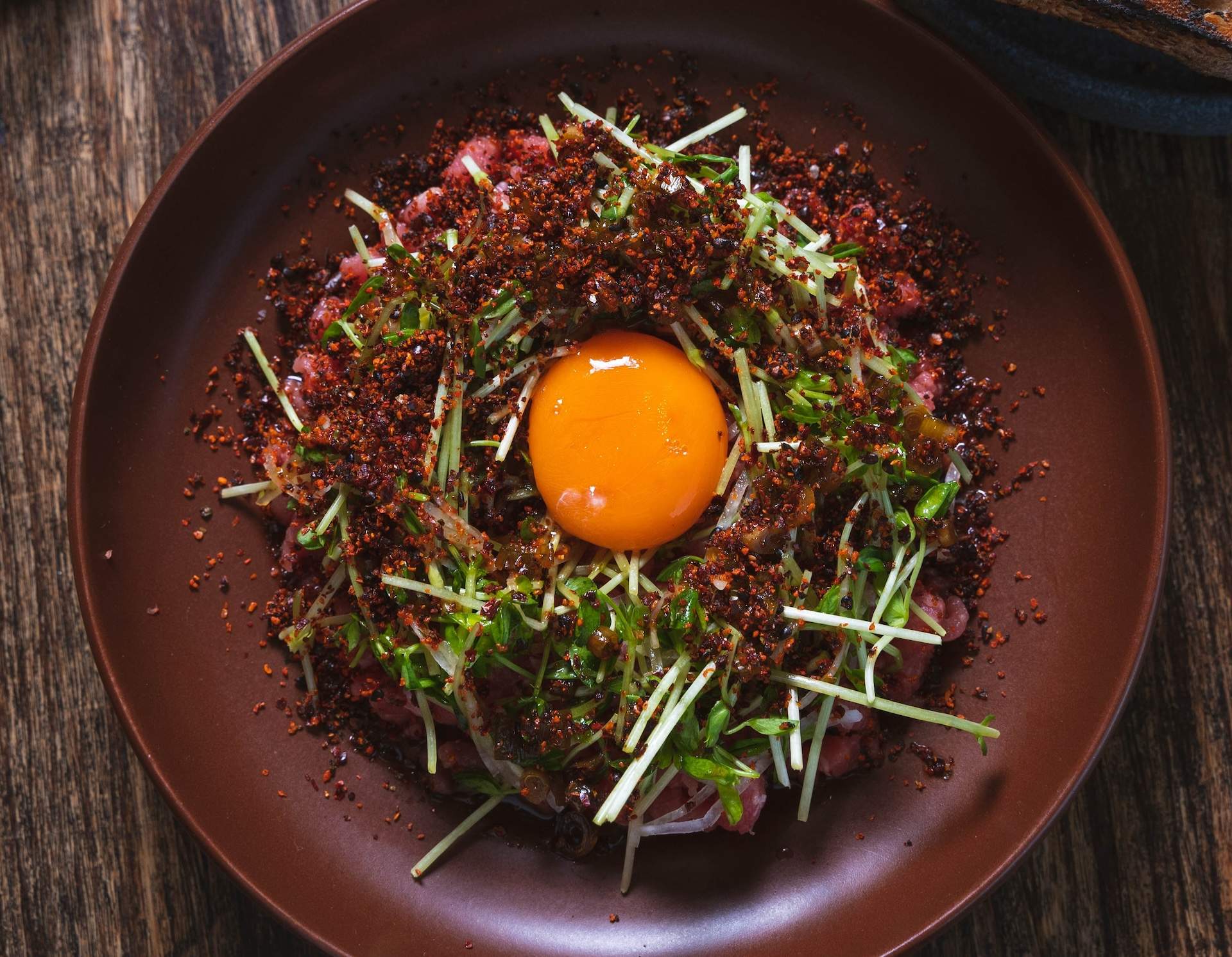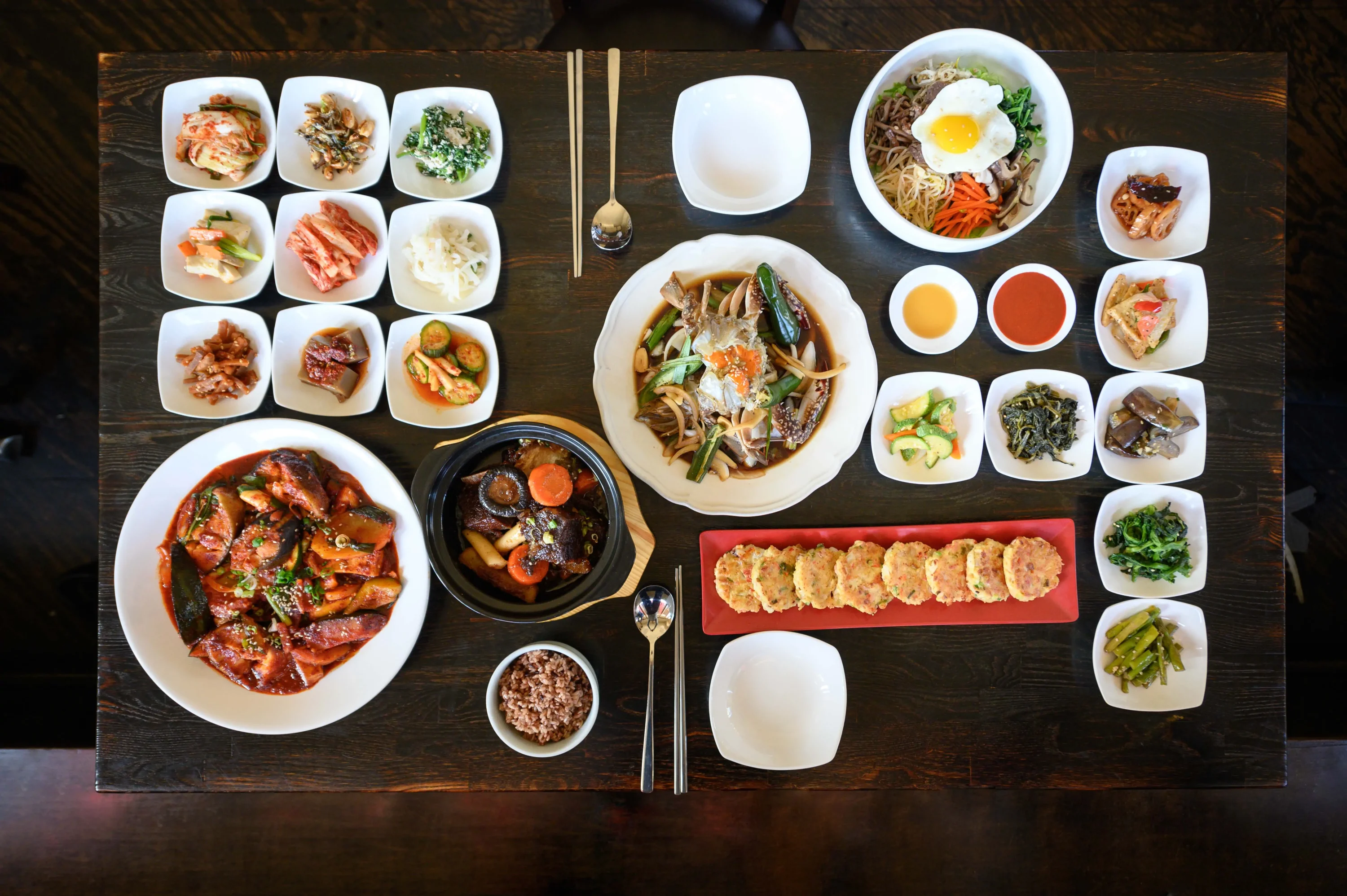For chef Kathy Fang, the recent rise in anti-Asian hate crimes has not only been troubling personally, but also professionally. As the owner of upscale Chinese restaurant FANG in San Francisco, Fang has had to keep the welfare of her employees in mind, too — on top of keeping her restaurant running in the middle of a pandemic.
“Not only do you have to worry about keeping your business afloat and alive, but you also have to worry about the safety of your employees with the pandemic,” she says. “And then now on top of that, you have to worry about the safety of just going to work and coming back home. We’ve never been in this situation.”
The sentiment is a testament to the experience of Asian restaurateurs in the last year, who as part of the Asian community have been hit particularly hard during the pandemic, when anti-Asian hate crimes have skyrocketed in the United States by 145 percent. For them, the past year has gone deeper than simply surviving through a new virus — it’s also been about battling racism toward their restaurants and employees. To get through it all, these owners say they turned to their communities, who have stepped up in already difficult times.
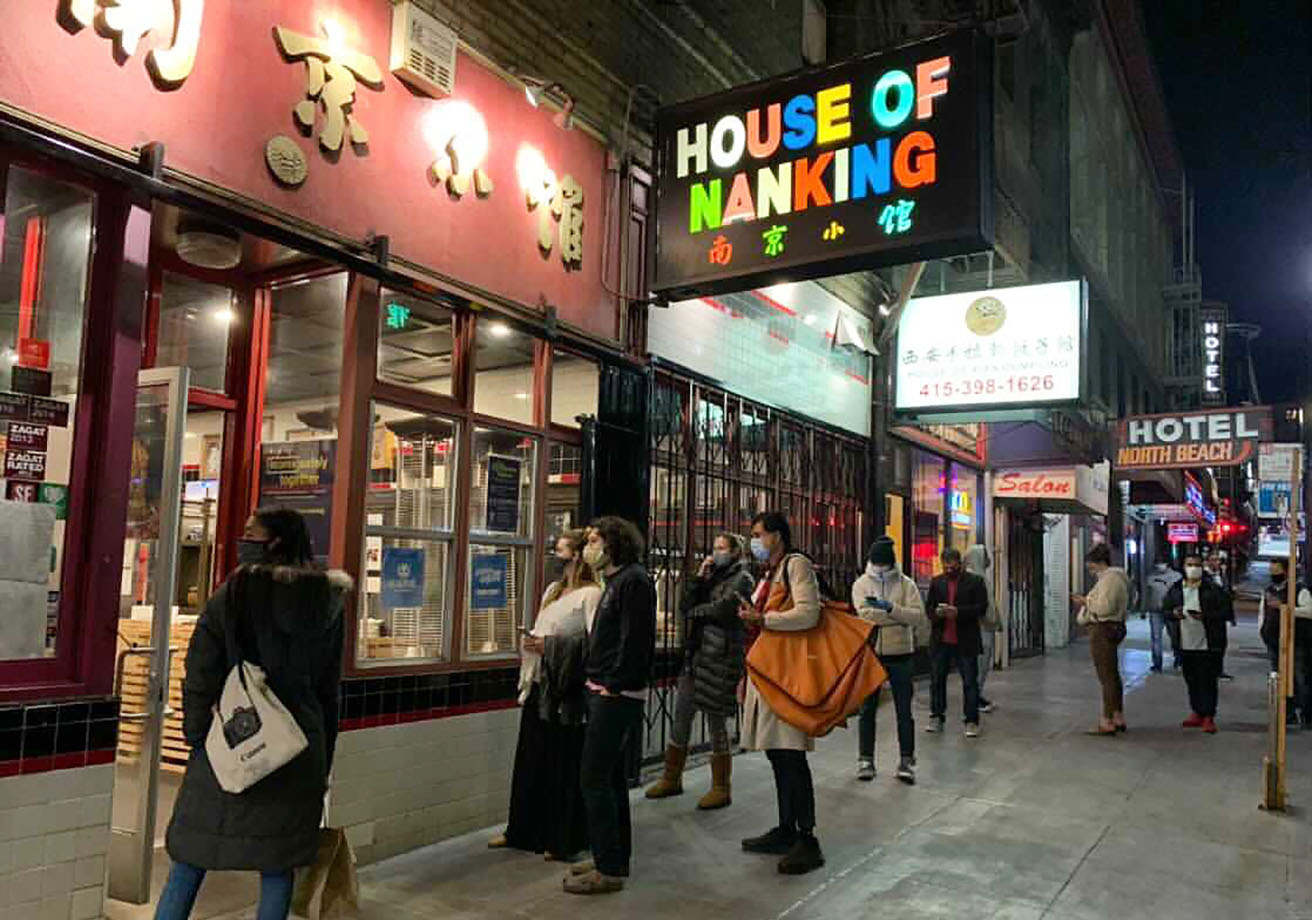
The support from fellow restaurateurs and local customers was a welcome boon through this time, Fang says. After posting photos of various Chinese sauces she was experimenting making, she received tons of requests from people asking where they could purchase them. She now runs a website where she sells those hot sauces inspired by the Chinese regions of Xian and Guilin.
House of Nanking, another Fang family-owned restaurant, has also seen vocal support from social media users, with some calling out hate speech and identifying other ways to support the business, including purchasing merchandise. “A lot of our fans, people who know us, have been finding ways to support us through other means,” Fang says.
That tangible, vocal support from the community has also helped buoy Sakura Yagi, who runs several Japanese restaurants in Manhattan’s East Village, including Curry-Ya and Sake Bar Decibel. “I had one customer who emailed our general inbox,” she shares. “It said, ‘This is out of left field, but you guys are our family’s favorite restaurant. If, god forbid, you guys are thinking of closing, please let us know. We’re going to do anything we can to help you guys stay open.’”
“Emails like that — it’s worth every day where you are just on your hands and knees cleaning up,” Yagi adds. “Where you can really feel the love that a customer has for your restaurant — there’s nothing like it, you know?”
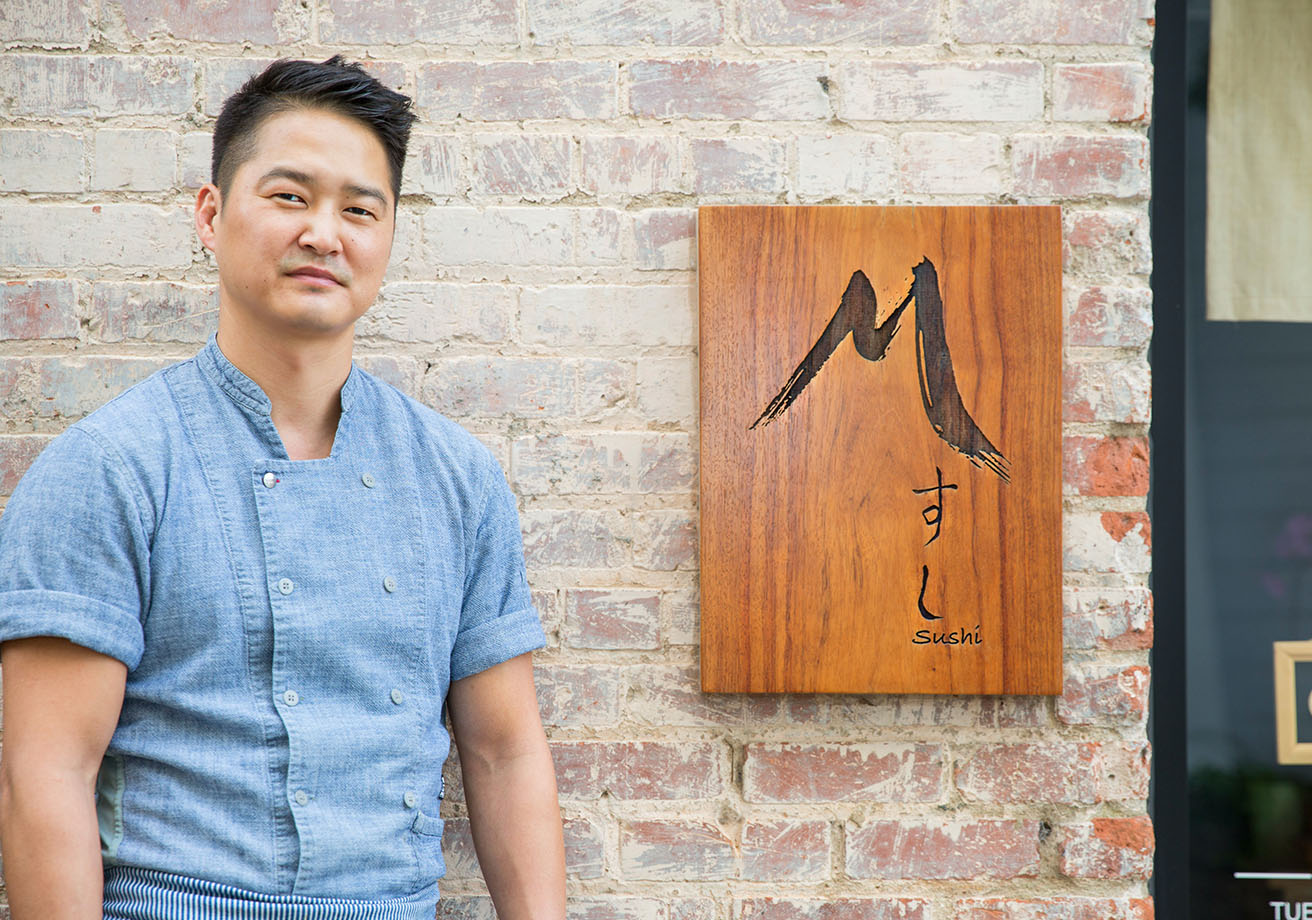
For Durham, North Carolina restaurant owner Michael Lee, who runs M Kokko, M Pocha, M Sushi, and M Tempura, the recent rhetoric wasn’t unfamiliar; it carried fingerprints of the statements he grew up with as a new immigrant from South Korea. “Growing up in the ’80s, I dealt with quite a bit of racism,” he says. “It was harsh sometimes. It took a lot out of me when I first came to the United States.”
But still, he remains optimistic, due to the overwhelming support he’s seen from customers, who went the extra mile to tip well and take care of the staff. “When we first closed down the restaurant, we got calls almost every day, saying, ‘Hey, we’ll buy gift certificates, just tell us how to buy them and we’ll buy a bunch to help out,’” he remembers. “What carries me and gives me strength is that there’s more good people compared to the worst or bad people.”
Yagi’s taken that support even further, turning it into positive action to, in turn, support her own communities. In March 2020, she personally cooked and delivered more than 1,000 meals from her restaurant Curry-Ya to frontline workers. She also worked with other Asian-owned businesses to donate to underprivileged Asian communities, and participated in Enough is Enough, a campaign that raised $76,000 in less than two weeks to help feed senior citizens on the Lower East Side. All this was undertaken to not only act and care for the vulnerable, but also raise awareness about the violent acts perpetrated against Asians nationally.
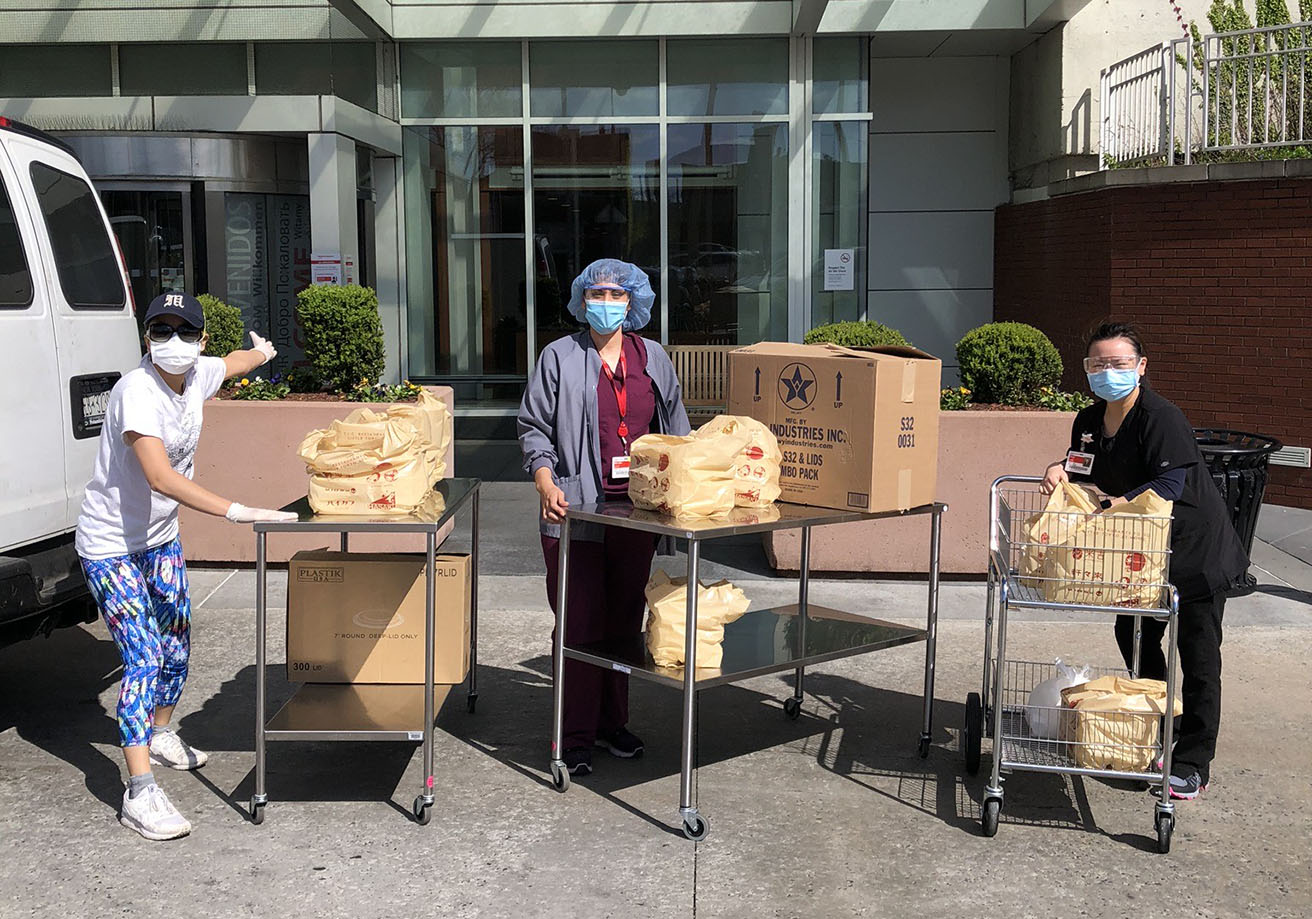
Yagi’s not the only restaurateur who has turned support into action. Organizations such as Heart of Dinner, Chefs Stopping AAPI Hate, and With Warm Welcome’s Bakers Box have all sprung up in the last year to face this issue. And across the U.S., individual chefs are taking actions in ways they can, such as with chef Beverly Kim raising funds for organization Asian Americans Advancing Justice through a “Bing Bread for Justice” sale at her Chicago restaurant, Parachute.
“At the end of the day, what we really have is each other. Right now that’s really coming to light in the sense of helping each other out,” Yagi says. “I’m trying to shine more light in the Asian community, so my fellow Asians can shine brighter collectively. It’s hard to know what to do. But I think when you don’t know what to do, the best thing is to try to do good.”
Samantha Chong is a travel and food writer currently based in New York City.
